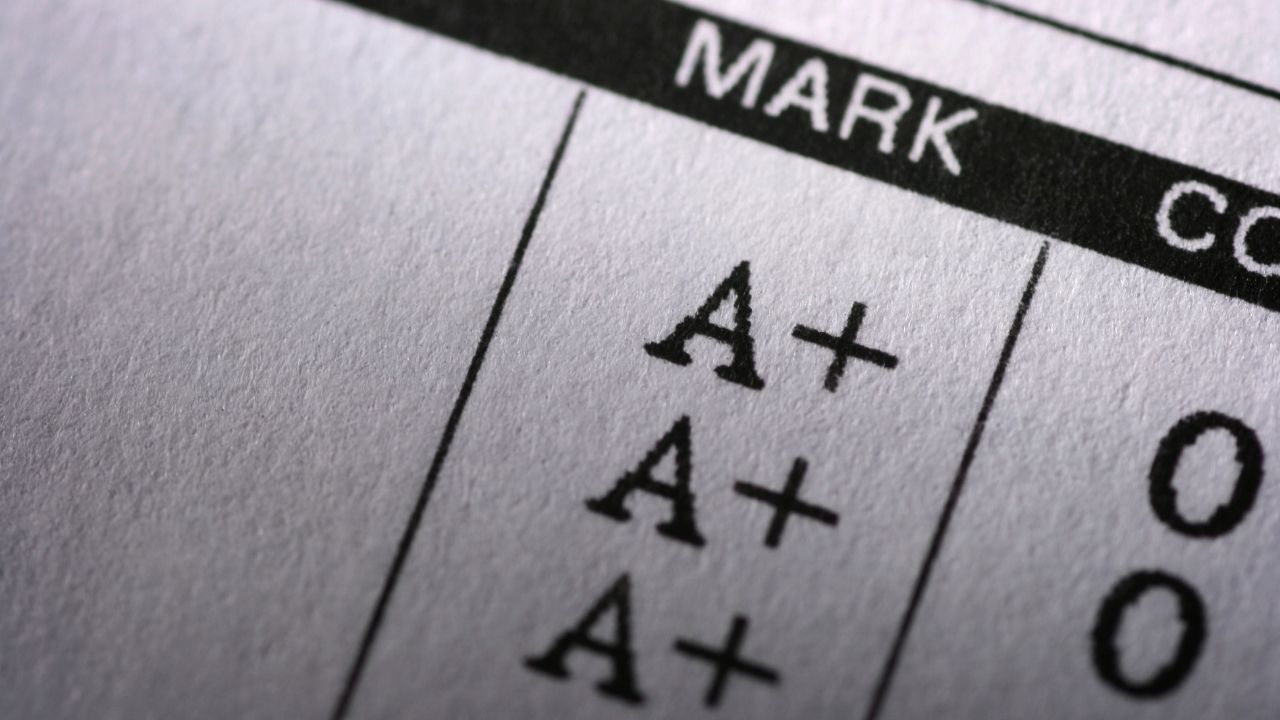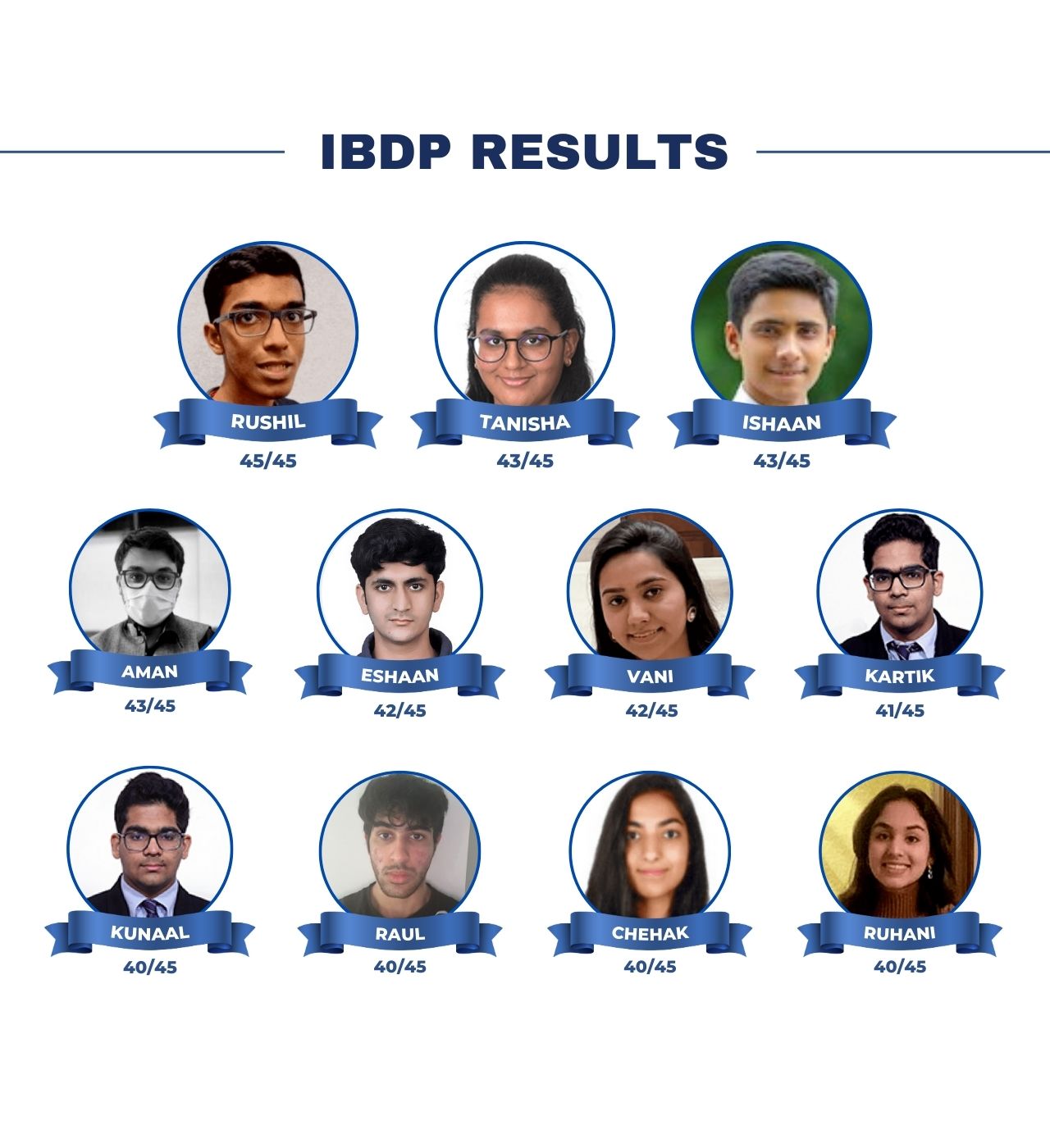Table of Contents
- 1 What is GPA and how is it calculated?
- 2 The limitations of using GPA as the sole measure of academic success
- 3 Factors beyond grades that contribute to academic success
- 4 How to define your own version of academic success
- 5 Strategies for achieving balance and overall well-being while pursuing academic success
- 6 Conclusion: Remembering that GPA is just one aspect of a fulfilling education journey
Unlocking the mystery of what makes a good GPA can feel like navigating through a labyrinth of numbers and letter grades. As students, we often find ourselves consumed by the pressure to achieve high marks, believing that our worth lies solely in those digits on our transcripts. But is that really the true measure of academic success? In this blog post, we will delve into the world of GPA – what it is, how it’s calculated – but more importantly, we’ll explore the limitations and look beyond numerical grades to define our own version of academic success. So let’s embark on this journey together and discover the bigger picture that lies beyond those seemingly all-important figures! Let’s redefine what it means to excel academically!”
What is GPA and how is it calculated?
What is GPA and how is it calculated? Well, GPA stands for Grade Point Average. It is a numerical representation of a student’s academic performance, typically on a scale from 0 to 4. The calculation takes into account the grades earned in each course and assigns them a corresponding value.
In most cases, each letter grade corresponds to a specific point value. For example, an A might be worth 4 points, while a B could be worth 3 points. These values are then multiplied by the credit hours assigned to each course to determine the weighted grade points.
To calculate your GPA, you add up all the weighted grade points and divide it by the total number of credit hours completed. This gives you your overall GPA score.
It’s important to note that different institutions may have variations in their grading systems and weightage of courses. Some may use + or – modifiers for grades (e.g., A-, A+, etc.), which can further impact the calculation.
Understanding how GPA is calculated can help students assess their academic performance accurately and set realistic goals for improvement if needed.
The limitations of using GPA as the sole measure of academic success
When it comes to measuring academic success, GPA has long been the go-to metric. But is it really a comprehensive and accurate reflection of a student’s abilities and achievements? While GPA can certainly provide some insights into a student’s performance, it also has its limitations.
GPA primarily focuses on grades obtained in coursework. It fails to consider other important aspects of learning such as critical thinking skills, creativity, problem-solving ability, and interpersonal skills. A student may excel in these areas but have an average or even below-average GPA.
Furthermore, GPA does not take into account external factors that could affect academic performance. Issues like personal circumstances, health problems, or family responsibilities may impact a student’s ability to achieve high grades.
Additionally, different schools and institutions have varying grading systems and standards. This means that comparing GPAs across different educational settings can be misleading and unfair.
Moreover, relying solely on GPA as a measure of academic success undermines the value of extracurricular activities which are crucial for holistic development. Participation in clubs, sports teams or community service demonstrates qualities like leadership potential and teamwork that cannot be captured by numbers alone.
Factors beyond grades that contribute to academic success
Academic success is often equated with high GPAs, but it’s important to recognize that there are numerous factors beyond grades that contribute to a well-rounded education. While good grades reflect a certain level of knowledge and understanding, they don’t tell the whole story.
One crucial factor is active participation in extracurricular activities. Engaging in sports, clubs, or volunteer work can develop valuable skills such as leadership, teamwork, and time management. These experiences help shape individuals into well-rounded individuals who can handle various challenges outside the classroom.
Another key element is effective communication and critical thinking skills. Being able to articulate ideas clearly through writing or verbal expression not only helps students excel academically but also prepares them for future professional endeavors. Critical thinking allows learners to analyze information critically, evaluate arguments, solve complex problems, and make informed decisions.
Furthermore, building strong relationships with peers and mentors plays a significant role in academic success. Collaborative learning environments foster creativity and promote intellectual growth by encouraging discussions and different perspectives. Mentors provide guidance and support which can be instrumental when facing personal or academic challenges.
How to define your own version of academic success
When it comes to academic success, everyone has their own definition. It’s important to remember that success in the classroom is not solely determined by a number on a report card or transcript. Instead of relying solely on GPA as the measure of your achievements, consider defining your own version of academic success based on factors that truly matter to you.
One way to define your version of academic success is by setting personalized goals and expectations. Reflect on what motivates and inspires you academically, whether it’s mastering a particular subject, participating in extracurricular activities, or making meaningful connections with peers and mentors. By setting goals aligned with your passions and values, you can determine what achievement means for you.
Another aspect to consider when defining your version of academic success is personal growth and learning experiences. Education goes beyond memorizing facts; it involves critical thinking skills, problem-solving abilities, creativity, and intellectual curiosity. Focus on expanding your knowledge base while embracing opportunities for personal development both inside and outside the classroom.
Additionally, cultivating a healthy work-life balance is crucial in shaping your own definition of academic success. It’s easy to get caught up in the pressure to excel academically at all costs but neglecting other areas of life can lead to burnout or feelings of dissatisfaction. Prioritize self-care activities such as exercise, hobbies, spending time with loved ones – these are integral aspects that contribute to overall well-being.
Remember that grades do not define your worth or potential for future success. While aiming for good grades can be important for certain career paths or post-graduate opportunities like scholarships or graduate school admissions – they don’t necessarily reflect intelligence or capability comprehensively.
Strategies for achieving balance and overall well-being while pursuing academic success
Finding balance between academic success and overall well-being can be a challenging task, but it is crucial for long-term happiness and fulfillment. Here are some strategies that can help you maintain a healthy equilibrium:
1. Prioritize self-care: Make sure to set aside time each day for activities that recharge your mind and body. This could include exercising, practicing mindfulness or meditation, spending time in nature, or pursuing hobbies that bring you joy.
2. Develop effective time management skills: Learning how to prioritize tasks, create schedules, and avoid procrastination can greatly reduce stress levels. Use tools like calendars or planners to stay organized and allocate specific times for studying as well as relaxation.
3. Set realistic goals: While aiming high is important, it’s equally essential to set achievable goals that align with your capabilities and values. Break down larger tasks into smaller ones to make them more manageable.
4. Seek support when needed: Don’t hesitate to reach out for help when feeling overwhelmed or struggling academically. Talk to professors, seek guidance from mentors or advisors, join study groups, or utilize campus resources such as tutoring services.
5. Maintain a healthy lifestyle: Adequate sleep, proper nutrition, regular exercise,and social connections are all vital contributors to overall well-being.
The healthier your body is,the better equipped your mind will be for academic success.
Remember that finding the right balance may take time and experimentation; what works for one person may not work for another.
Conclusion: Remembering that GPA is just one aspect of a fulfilling education journey
It is important to remember that while GPA may be a significant factor in measuring academic success, it should not be the sole determinant of one’s worth or potential. Achieving high grades is undoubtedly commendable, but it is equally essential to recognize that there are other aspects of education and personal growth that cannot be quantified by numbers alone.
True academic success goes beyond just the GPA. It encompasses a wide range of factors such as critical thinking skills, creativity, problem-solving abilities, communication skills, resilience, adaptability, and emotional intelligence. These qualities are developed through engaging in extracurricular activities, pursuing passions outside the classroom, building relationships with peers and mentors, participating in community service projects or internships – all experiences that contribute to a well-rounded education.
To define your own version of academic success means understanding what truly matters to you personally. It involves setting goals based on your passions and interests rather than solely focusing on achieving perfect grades. While maintaining good grades may open doors for future opportunities like scholarships or graduate school admissions, they should not come at the expense of overall well-being.
Strategies for achieving balance and overall well-being while pursuing academic success include prioritizing self-care activities such as exercise, proper nutrition, sufficient sleep, and practicing stress-management techniques like meditation or mindfulness exercises. Additionally, it can also involve seeking support from family, friends, counselors or mental health professionals when needed.








